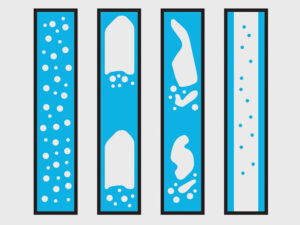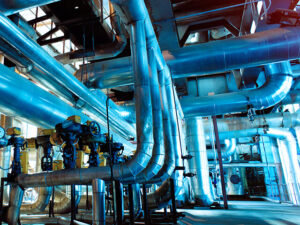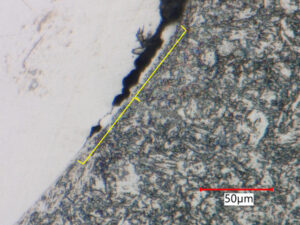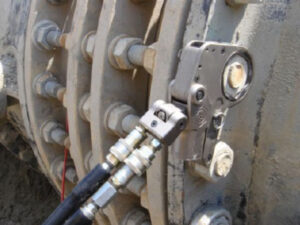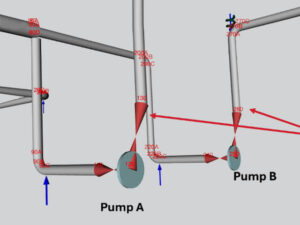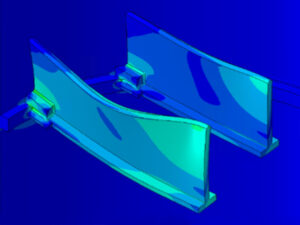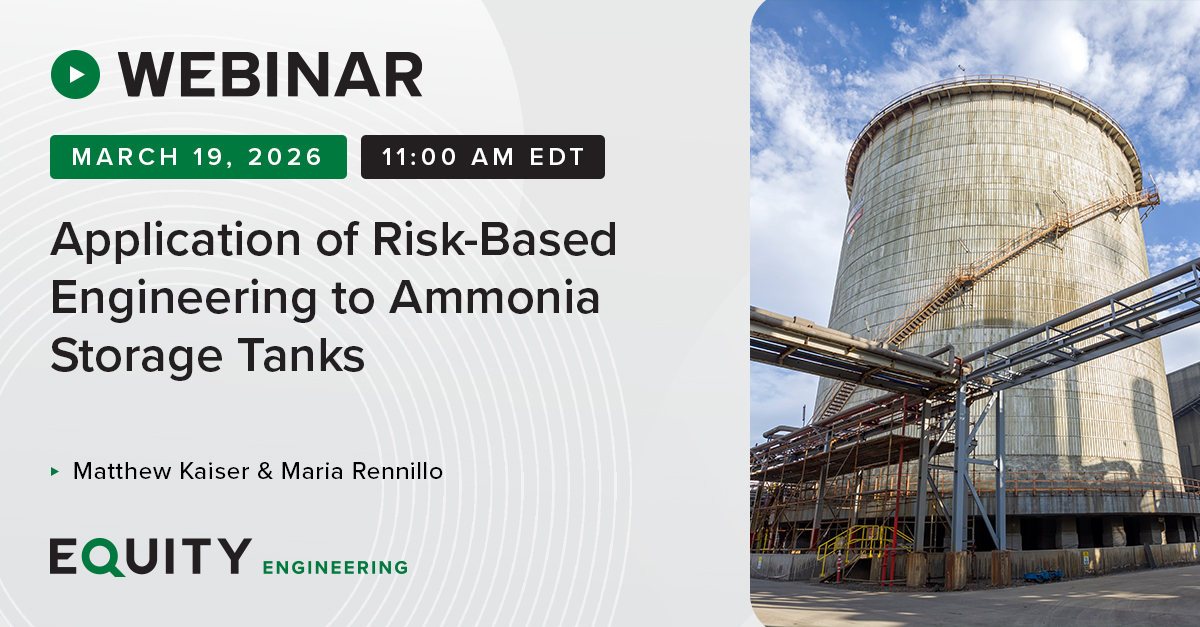
Evolution of Gas Dispersion Modeling
As hazardous release scenarios grow more complex, outdated Gaussian plume models are leaving facilities either over-exposed to risk or over-invested in unnecessary safety infrastructure. This article explores how advanced gas dispersion modeling with rigorous thermodynamic calculations and 3D consequence contours delivers right-sized process safety decisions.

